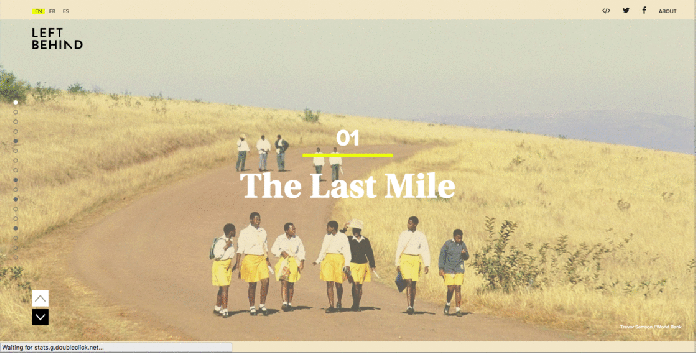The Huffington Post’s UK editor-in-chief Stephen Hull has provoked a curious backlash on Twitter following an appearance on Radio 4’s Media Show where he was asked why he doesn’t pay writers, writes Alex Iacovangelo.
“I love this question,” he replied:
“If I was paying someone to write something because I want it to get advertising, that’s not a real authentic way of presenting copy.
“When somebody writes something for us, we know it’s real, we know they want to write it. It’s not been forced or paid for. I think that’s something to be proud of.”
Tweeters quickly condemned him for encouraging the tactic during a time when jobs are being cut and budding journalists struggle to financially survive.
Below are some of the tweets, you can read the rest on this link:
(Note: @edcaesar quoted Stephen Hull)





